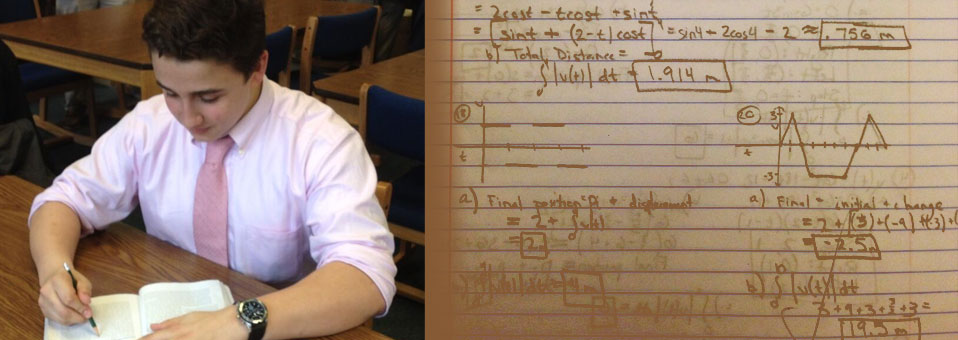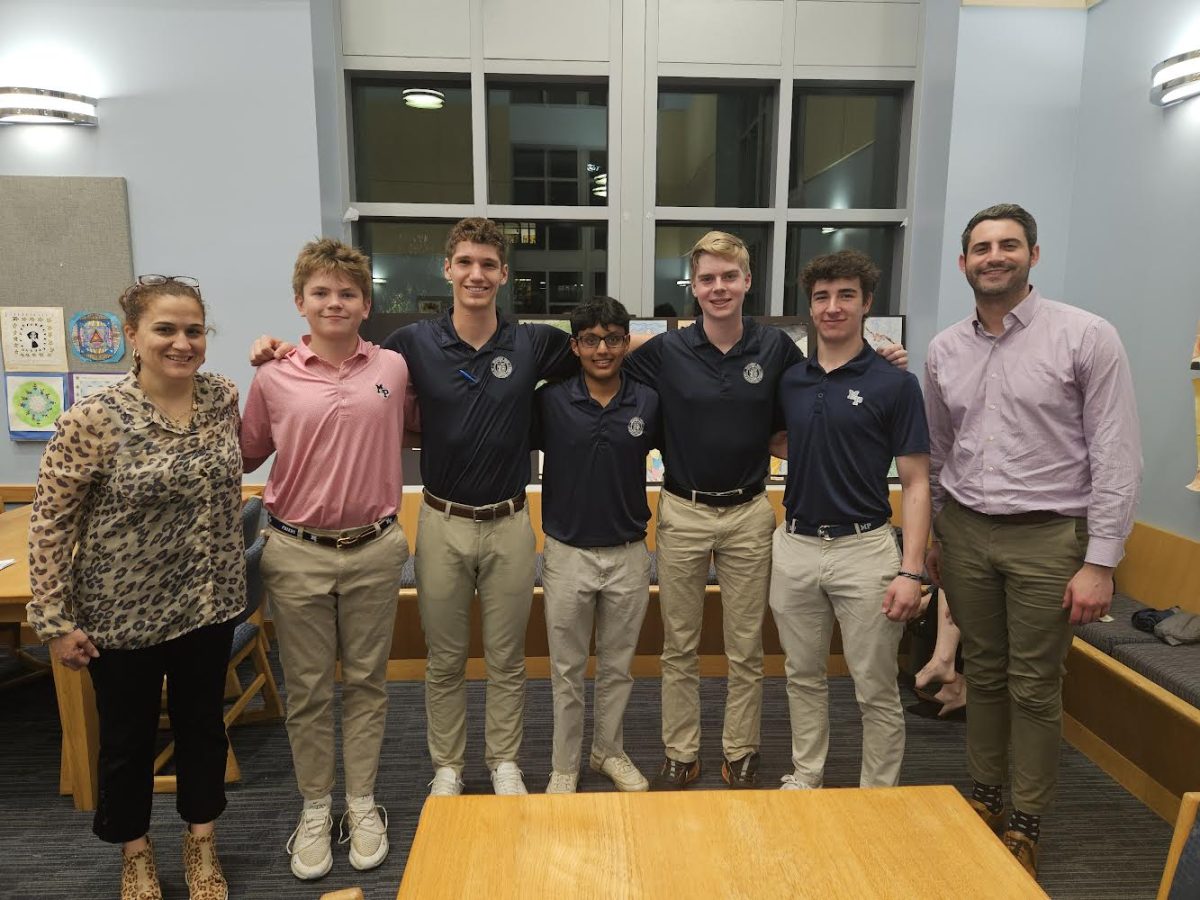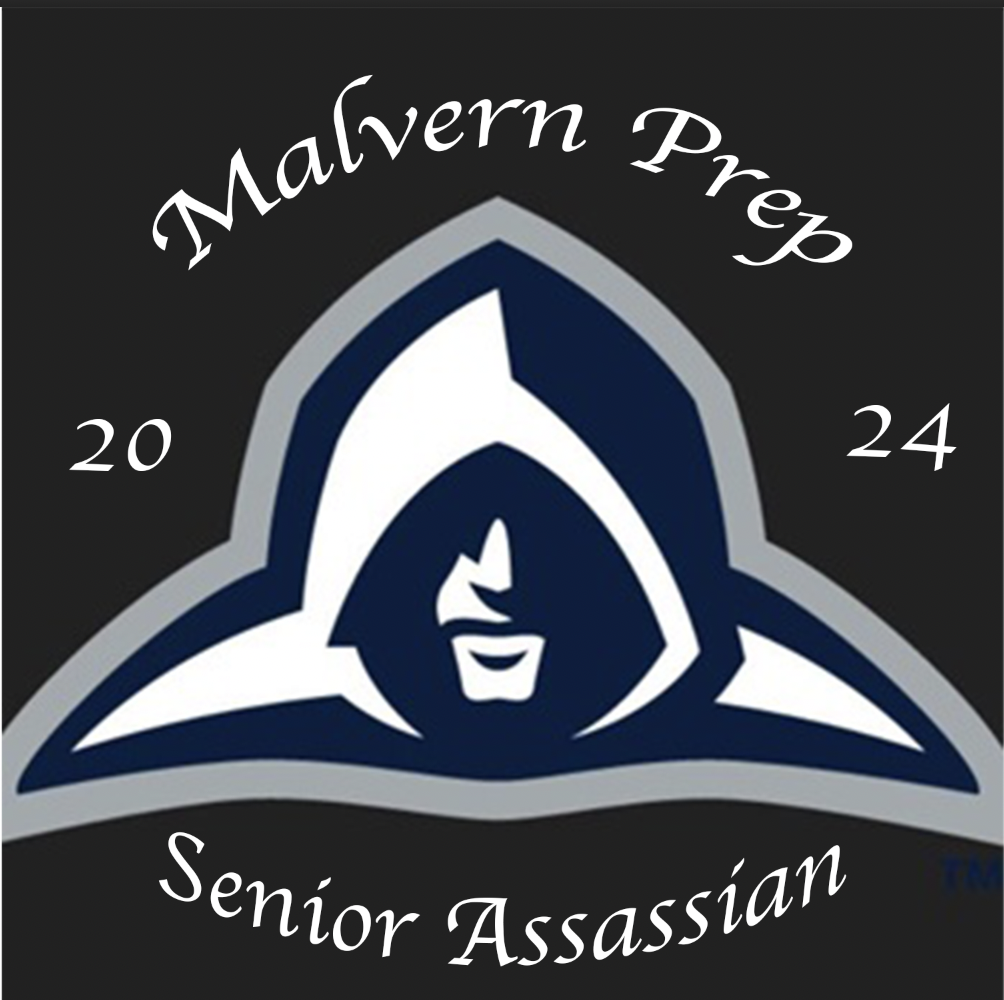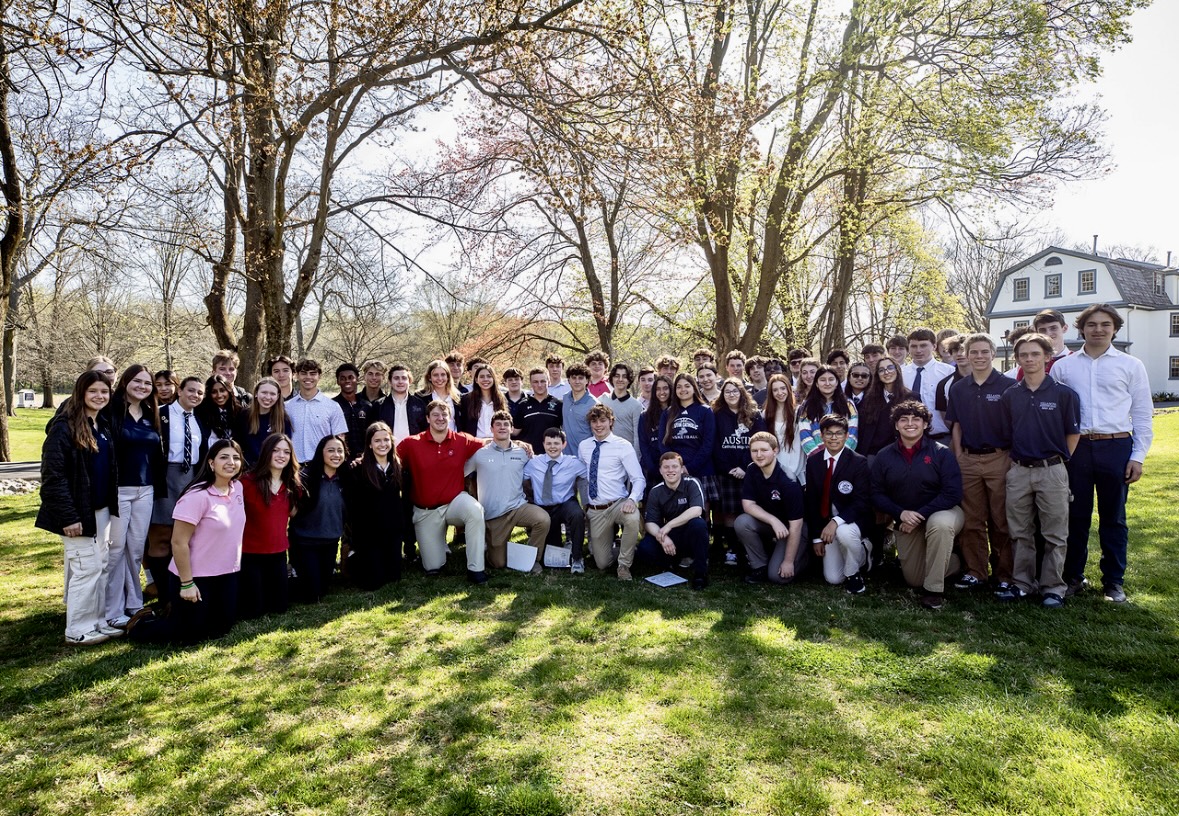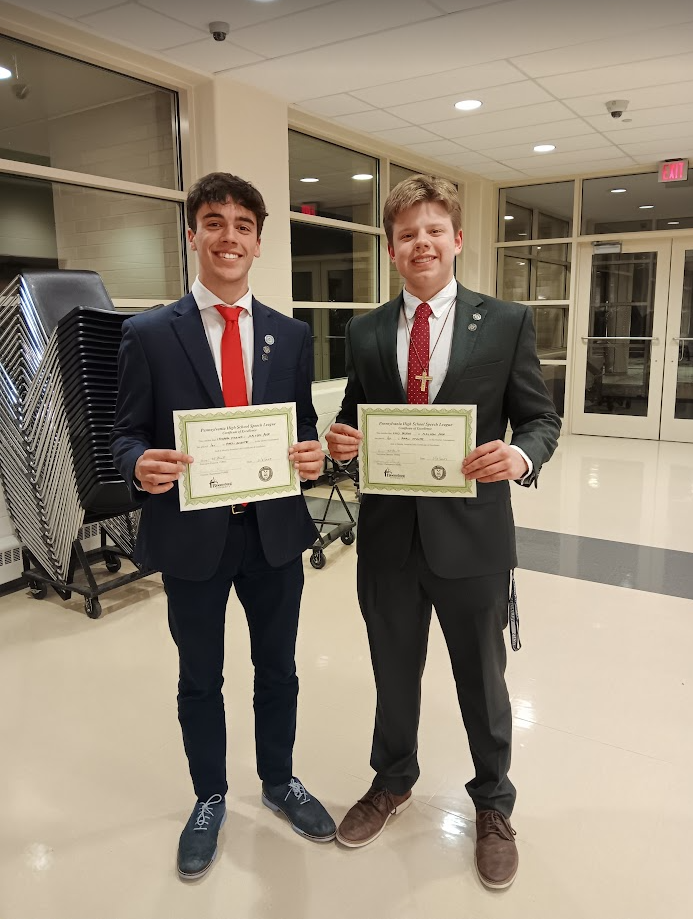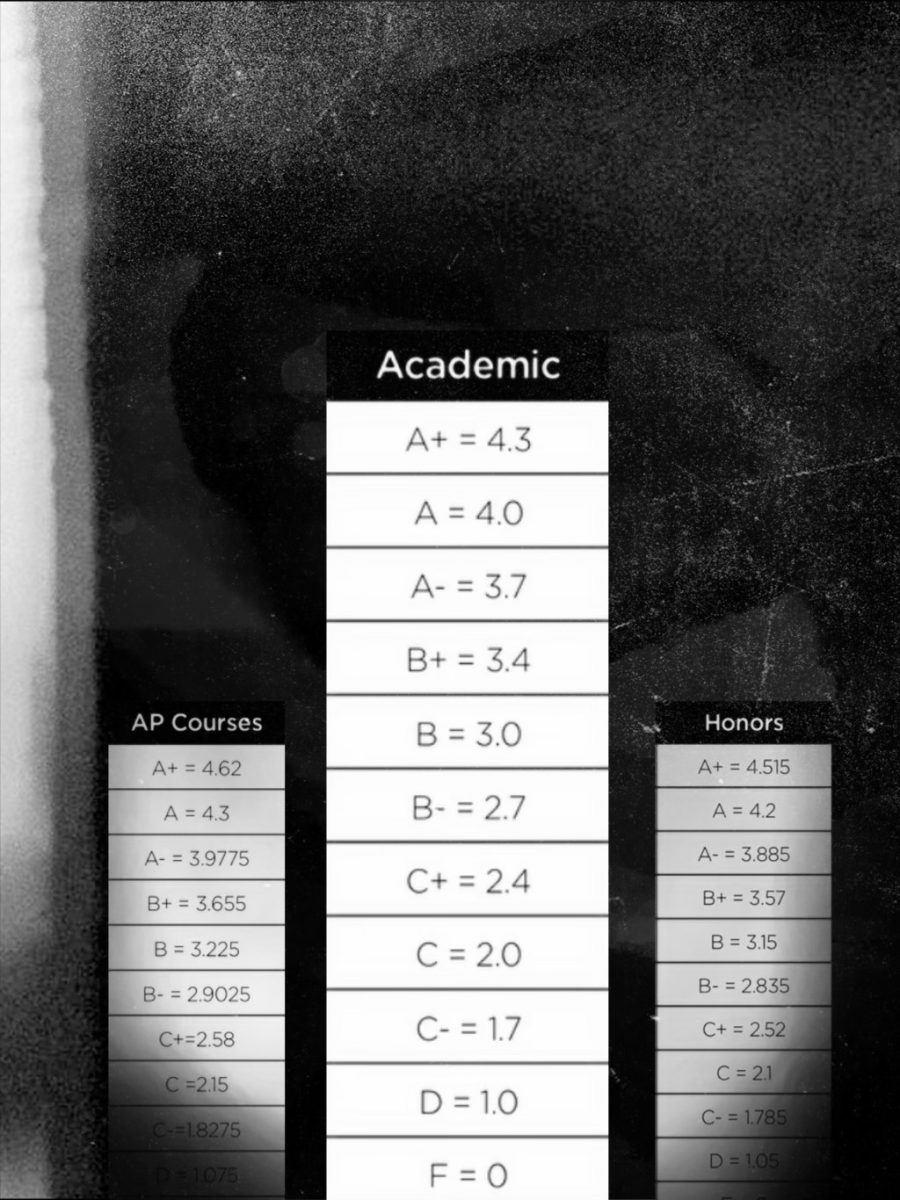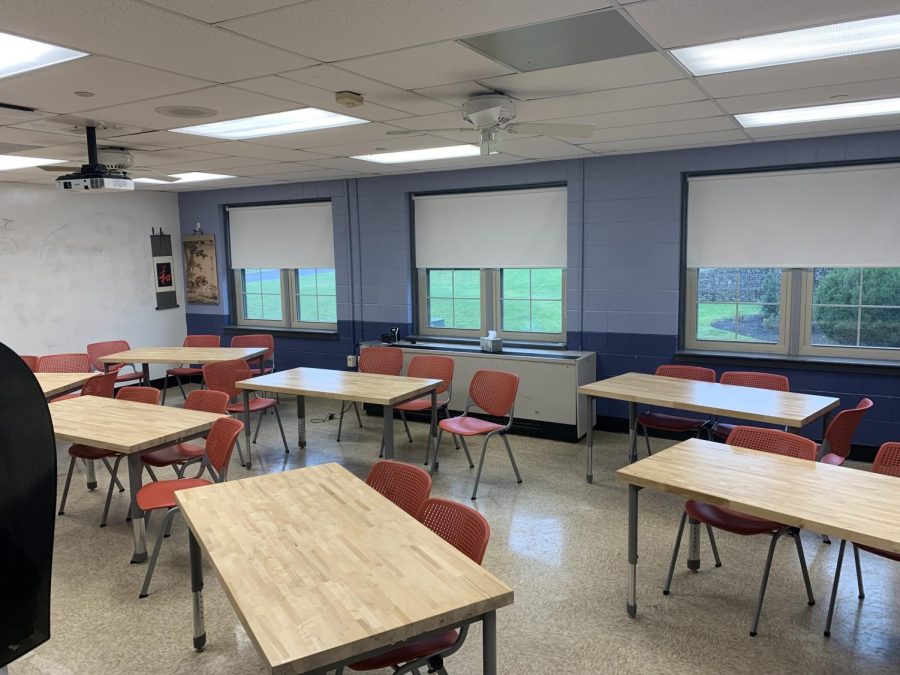Submitted by Dr. Joseph Oechsle
Everyone has a right to his opinion but not a right to his own facts. The editorial AP or Academic Pain which appeared in the last issue is in my opinion factually incorrect, and may well appear to some to be a bit of media manipulation.
In my opinion, the Advanced Placement program of the College Board is one of the best, if not the best program, in American secondary education for the promotion and enabling of academically talented students to learn effectively at their superior pace and acquire college credit while still in secondary school. The purpose of AP is just that: to enable well-motivated and well-prepared students to go beyond the confines of a regular secondary curriculum and to experience a collegiate course in depth and in scope while still in high school.
I must make a disclaimer: I work for the College Board and the Educational Testing Service, I know what goes into the development of AP curricula and I participate in the continuous modification and reform of the curricula and the tests. I am also a consultant to the College Board and conduct Summer Institutes and day-long workshops during the academic year to train teachers of AP Calculus and AP Statistics as well as to do prep sessions with students and teachers in some of the underserved areas of the country: Newark, NJ; Detroit, MI; Washington, DC; the Bronx and Jackson Heights, NY, and Baltimore, MD. It seems odd to me that my opinion was not sought in this matter.
There are problems with AP, but again, in my opinion, the problems are not with the AP program but with its utilization or application in many high schools. Until the 1980’s, a student with AP courses on a transcript gave an indication of superior ability and the willingness to be challenged at a collegiate level.
But somewhere in the 90’s, very likely inspired by the college counseling fraternity, having AP’s on a transcript became a badge of honor and a signal to competitive colleges and universities that here was a well-qualified candidate for admission. So the more AP’s on a transcript, the better the candidate, regardless of whether the student had a real interest in the content area or the actual ability to do college work in high school. The floodgates were opened , and the ‘pain’ of under-qualified and under-motivated students became a lament against the program.
Some educators who should know better joined the lament by criticizing the courses as too content heavy and the AP teachers as ‘teaching to the test only’. The critics apparently do not know or understand that the course content reflects both a core knowledge content and a core skills content in whatever AP discipline is involved; the courses are continuously revised with a focus on the utilization of new technologies in the content areas (e.g. graphing calculators and CAS systems in Calculus, statistical software packages in Statistics) and with another focus on being able to engage creatively with a core content and apply it in novel situations. I know. I participated in the reform of calculus in the 90’s, the inauguration of AP Stats in the late 90’s, and the exploration new AP math courses for the future. I don’t know of any teachers who don’t teach with a view to some kind of assessment. And there is the matter of secondary students having to learn somewhere how to focus for an extended period of time on a complex task without electronic distractions. AP prep is not a bad school for young people who may later take the LSAT’s or MEDCAT’s; there is an inescapable body of content to be mastered and a skill set which needs a certain level of proficiency to be applied to the content.
There is a large body of statistical research done by the ETS to track the validity and reliability of the AP exams in all disciplines. It is a statistical fact that students who take AP courses, even if they do not ‘credit’ on the exams, do significantly better in their first and second year of college even when intelligence and aptitude factors are controlled for. Secondary students who do ‘credit’ on the exams do statistically significantly better in subsequent college courses than their non-AP peers, even when intelligence and aptitude are controlled for. So what’s the beef?
I think the ‘beef’ is curb appeal or snob appeal. Some schools have “done away with” AP because they advertise they can do better and “learn at greater depth” than what is possible in AP courses. I believe the burden of proof is on those institutions, and in my experience, most of them have not met that burden. One local school that has “done away with AP” has an AP teacher who graded BC calculus with me last year in Kansas City. When I asked him how he could do this, his reply indicated that the school simply changed the name of the course but still teaches the same content (it has to, because all AP courses must be audit verified since some schools in the past ‘invented’ their own AP’s and colleges and universities check on the audit status of a course from a given school to verify its authenticity because there are serious dollars at stake when many college credits are awarded). The author of one of the core AP Statistics textbooks teaches as a prestigious private school in New Jersey which has done the same shell game with the course name but still offers AP Stats as it is supposed to be delivered.
My take on this practice of replacing AP with a homemade academic concoction is that is the height of arrogance on the part of most secondary schools to think that a solitary school has the resources and skilled personnel to develop and maintain a collegiate level course that is the equivalent of a university course in a given discipline. In fact, AP keeps expanding almost exponentially in many disciplines, so there are many folks across the United States who understand quality when they see it and actively encourage young people to take advantages of the opportunities for which they are prepared.


